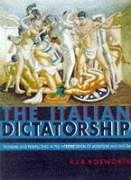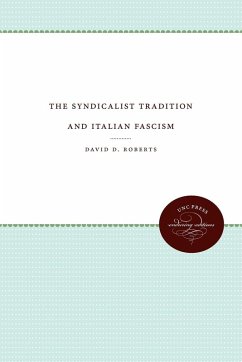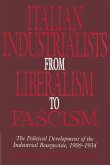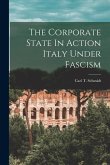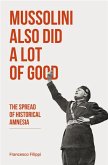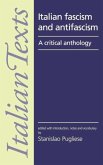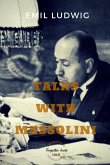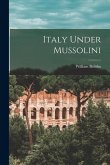A study of the "myth of fascism", this work offers a detailed critique of the way in which the history of fascism has been given meaning both in Italy and the outside world, from 1919 to 1997. Bosworth provides an account of history writing about Benito Mussolini and his regime. Beginning in the 1990s, with the political, cultural and historiographical crisis of the loss of the "first republic", he then returns to the inter-war period to review fascist, conservative, liberal and Marxist understandings of fascism, examining not only the more traditional sources but also film, "memory", and other arenas in which memory is crafted.
What was Italian Fascism? Was it the ideology and experience of the trenches brought to political authority? Or did it express the hopes and ideals of an emerging middle class which had done well out of the First World War? To what extent was fascism a boys' ideology? And to what degree did Mussolini lead - and to what extent follow - public opinion? 'The Italian Dictatorship' offers a skilful probing of the central debates in the area and a detailed critique of the ways in which the history of fascism has been given meaning in Italy and in the wider world since 1919. Beginning in the 1990s, with the political, cultural and historiographical crisis of the collapse of the 'First Republic' in Italy, the account then returns to the inter-war period to review fascist, conservative, liberal and Marxist understandings of fascism, examining not only the more traditional sources but also film, 'memory', music and other arenas in which history is crafted.
What was Italian Fascism? Was it the ideology and experience of the trenches brought to political authority? Or did it express the hopes and ideals of an emerging middle class which had done well out of the First World War? To what extent was fascism a boys' ideology? And to what degree did Mussolini lead - and to what extent follow - public opinion? 'The Italian Dictatorship' offers a skilful probing of the central debates in the area and a detailed critique of the ways in which the history of fascism has been given meaning in Italy and in the wider world since 1919. Beginning in the 1990s, with the political, cultural and historiographical crisis of the collapse of the 'First Republic' in Italy, the account then returns to the inter-war period to review fascist, conservative, liberal and Marxist understandings of fascism, examining not only the more traditional sources but also film, 'memory', music and other arenas in which history is crafted.

